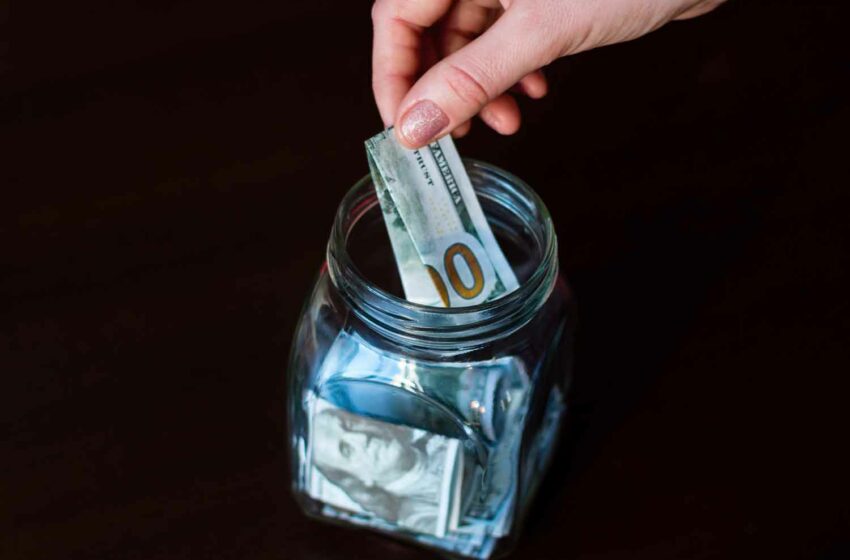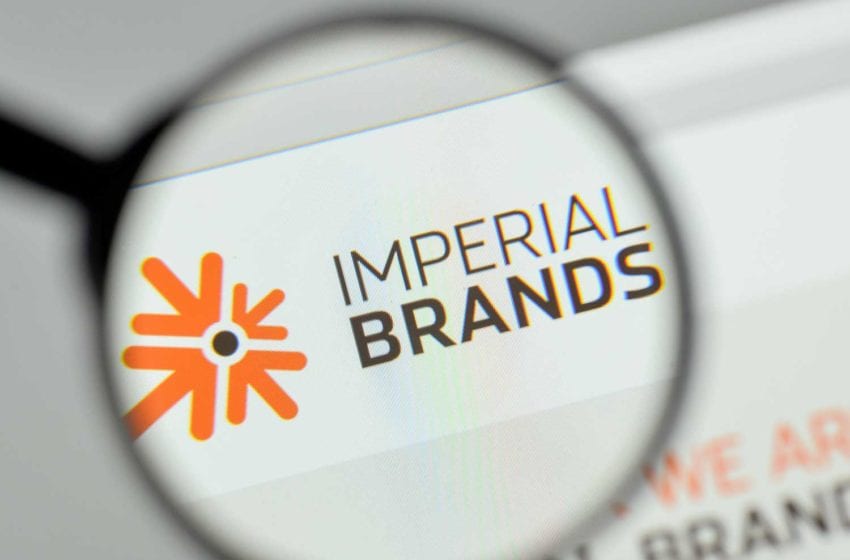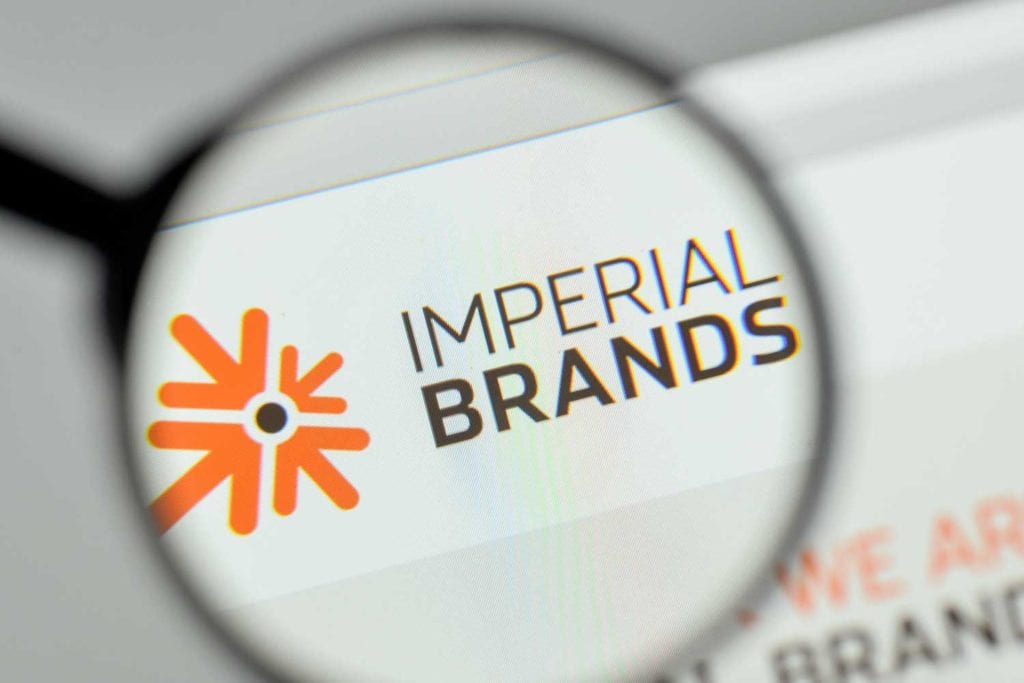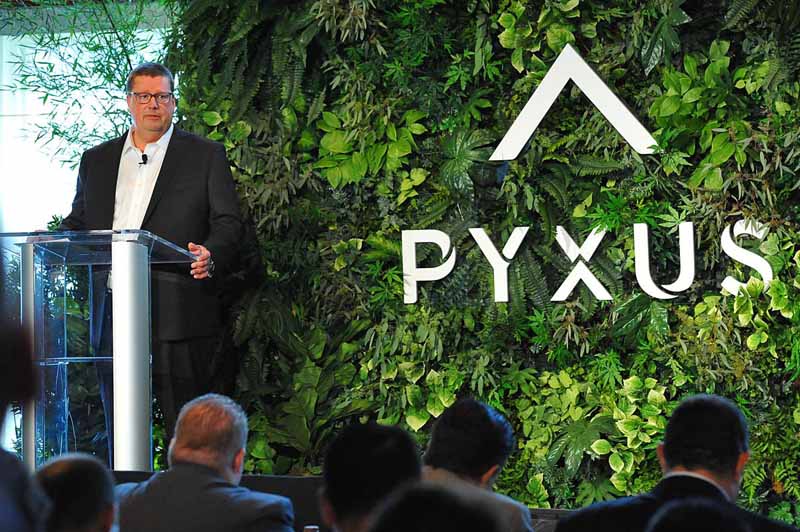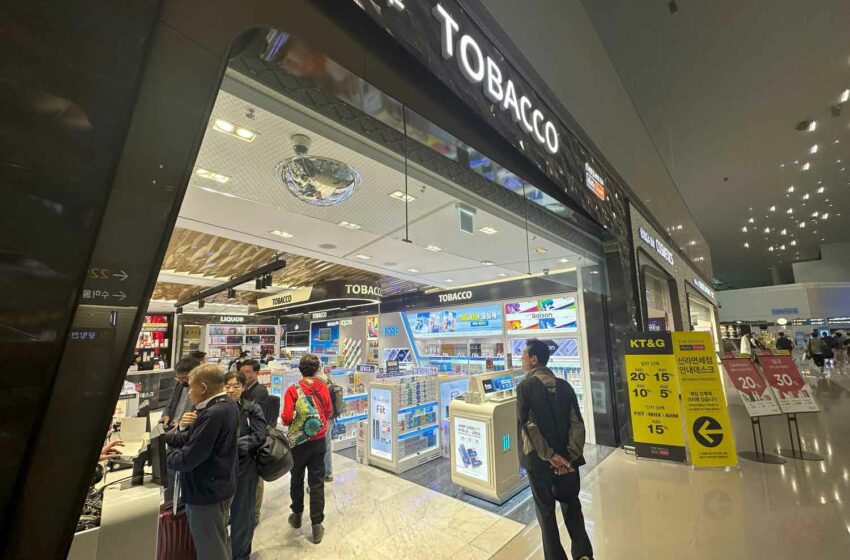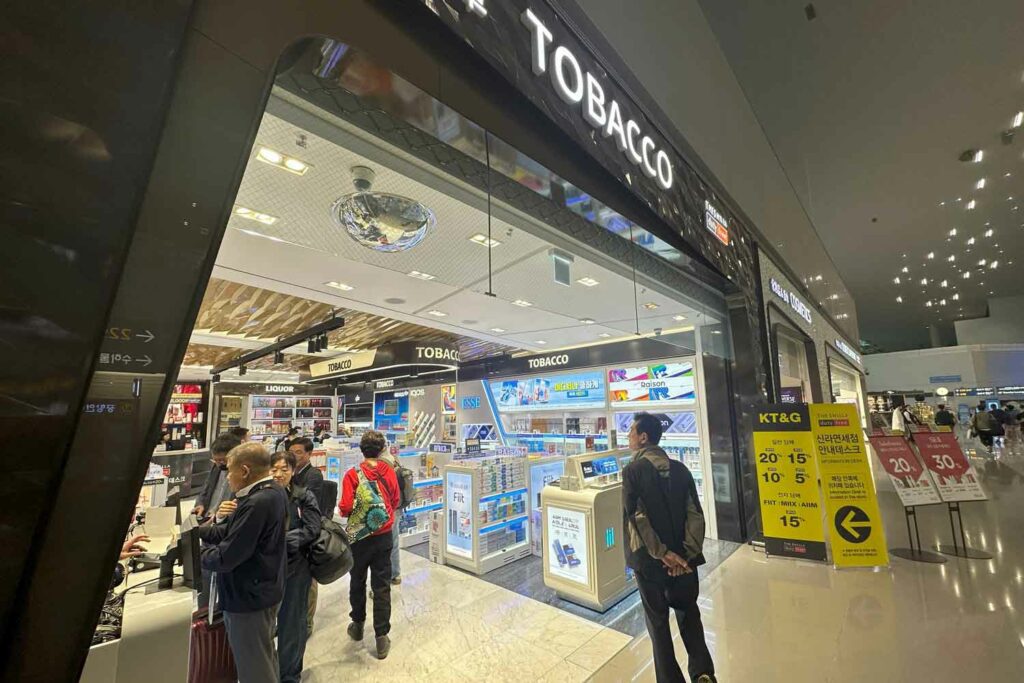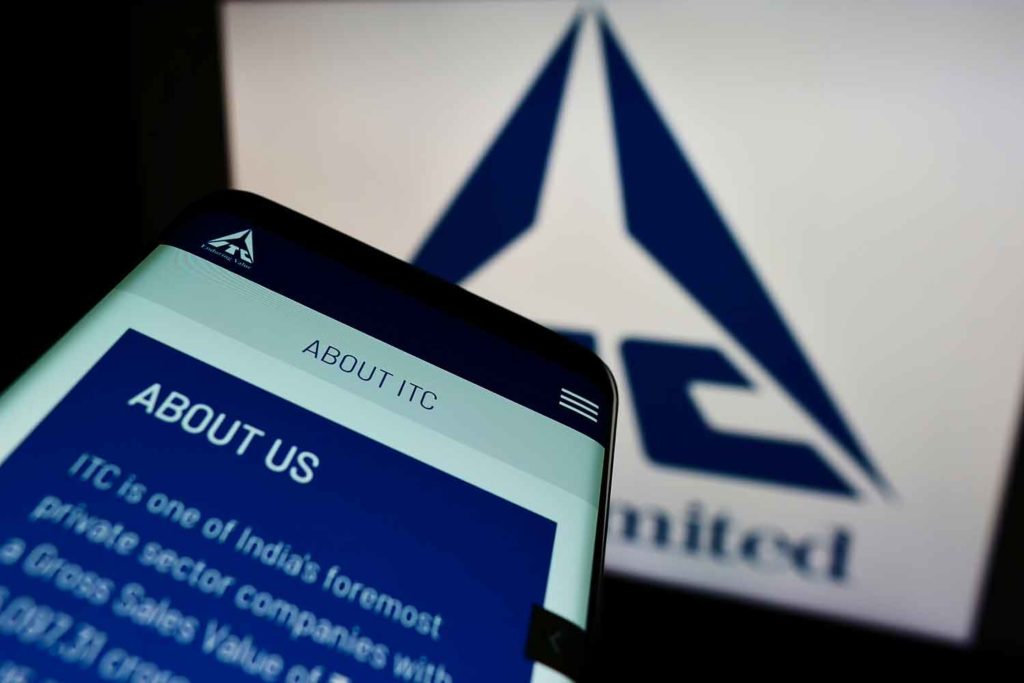
BAT is considering decreasing its 29.02 percent stake in ITC, according to Money Control.
The move would not have a major impact on ITC, according to analysts.
“We don’t need to have more than 25 percent shareholding in ITC to have a strategic influence, including veto rights. Today, we have more than that,” said Tadeu Marroco, BAT CEO.
BAT currently holds ITC shares amounting to INR1.63 trillion ($19.64 billion).

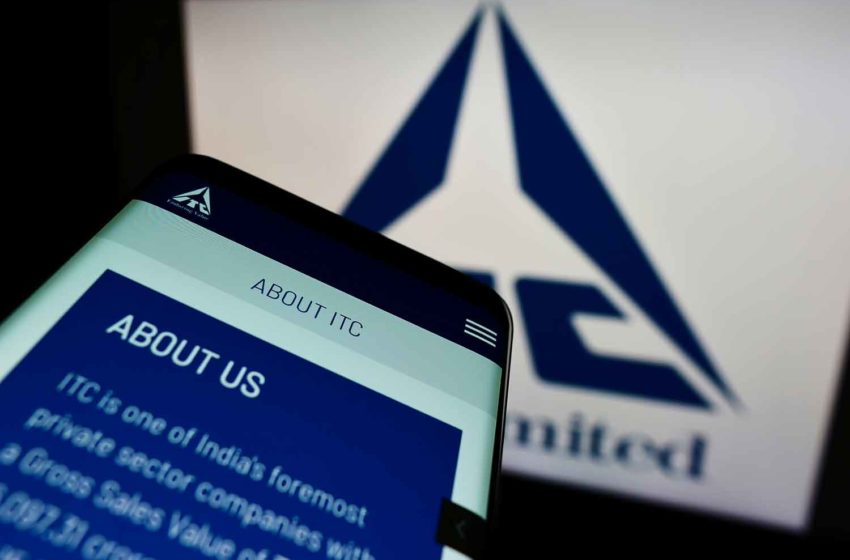
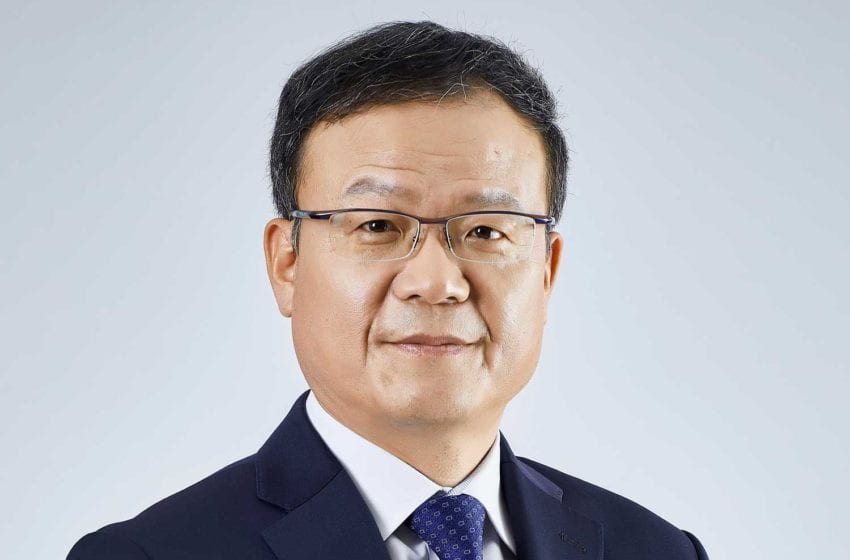







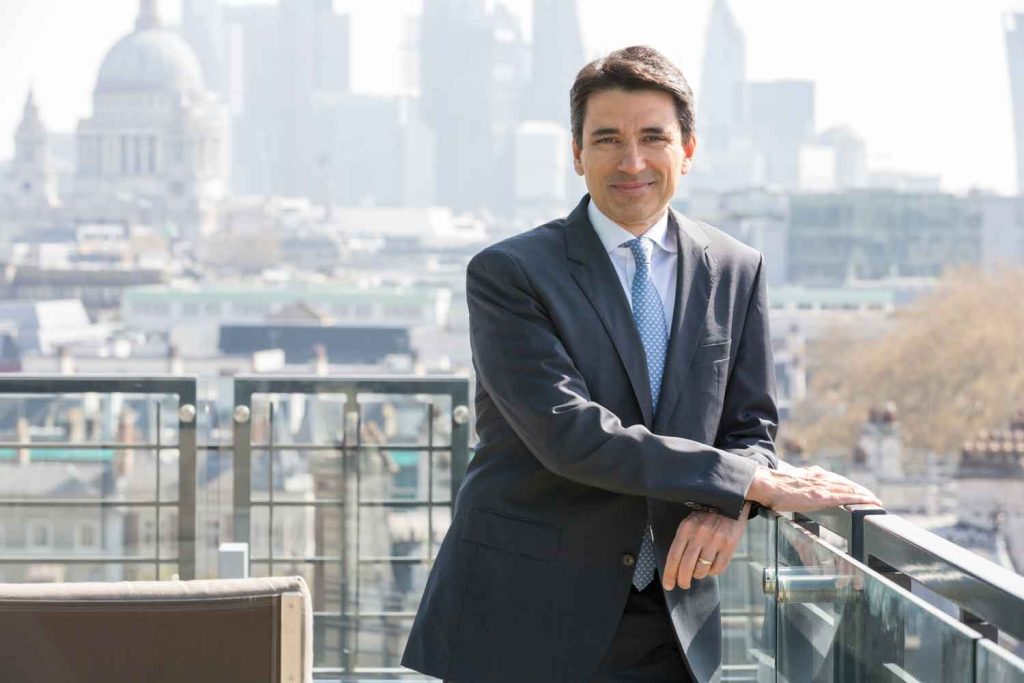
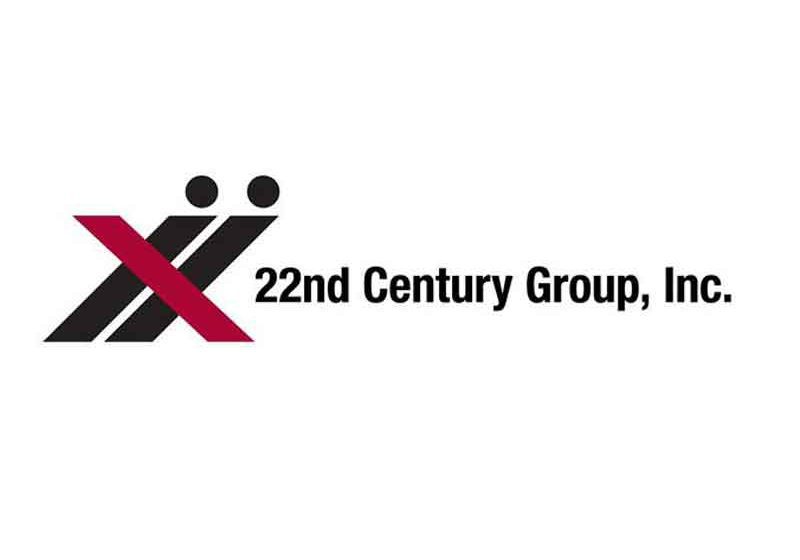
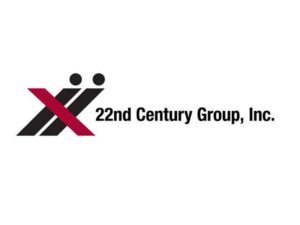 22nd Century Group will sell most of its GVB Biopharma hemp/cannabis operations to Specialty Acquisition Corp., an entity affiliated with GVB employees.
22nd Century Group will sell most of its GVB Biopharma hemp/cannabis operations to Specialty Acquisition Corp., an entity affiliated with GVB employees.